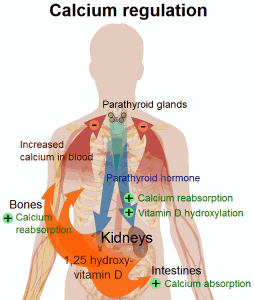
Examining 27,686 Utah patients aged 50 or older with no history of cardiovascular disease, the study found those with very low vitamin D levels were 77 percent more likely to die early than those with normal levels.
They were also found to be 45 percent more likely to develop coronary artery disease and 78 percent were more likely to have a stroke, said the research by the Heart Institute at the Intermountain Medical Center in Salt Lake City.
Those with very low levels of vitamin D were twice as likely to develop heart failure, said the study which was due to be presented later Monday at a conference organized by the American Heart Association in Orlando, Florida.
“If increasing levels of vitamin D can decrease some risk associated with these cardiovascular diseases, it could have a significant public health impact,” said study co-author Heidi May, noting that vitamin D deficiency is easily treatable.
“When you consider that cardiovascular disease is the leading cause of death in America, you understand how this research can help improve the length and quality of people”s lives.”
Studies have shown that Vitamin D also helps regulated key body functions such as blood pressure, inflammation and glucose control — all related to heart disease — and that deficiency of the vitamin is associated with musculoskeletal disorders.
Brent Muhlestein, another co-author of the study and the director of cardiovascular research at Intermountain, stressed that because the study was only observational, definitive links between vitamin D deficiency and heart disease could not be established.